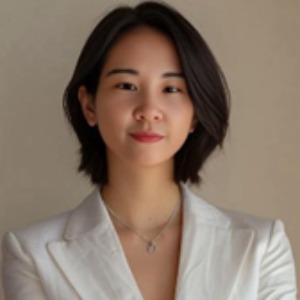Title : Plant-Derived cancer immunotherapy and drug discovery
Abstract:
Cancer immunotherapy could eradicate cancer and prevent recurrence by augmenting the natural ability of the immune system. Cancer immunotherapy alone or in combination with surgery, radiotherapy, chemotherapy, anti–vascular EGF (VEGF) therapy, and regulatory T cell (Treg)-targeted therapy has rejuvenated cancer immunology and revolutionized cancer treatment. Immune checkpoint inhibitors (ICIs) as well as adoptive cell transfer (ACT), the most widely tested therapeutics and clinically approved approaches of cancer immunotherapy, focus on enabling specific antitumor responses by T cells.
Glucoraphanin (4-methylsulfinylbutylthioglucosinolated) is a glucosinolate precursor of the biologically active sulforaphane. Glucoraphanin is an aliphatic glucosinolate that is found in cruciferous vegetables such as broccoli, cabbage, cauliflower, kale, and radish. The biosynthetic pathways of glucoraphanin include side chain elongation, core structure formation, and secondary modification. MYB28 positively regulates biosynthetic genes involved in aliphatic glucosinolates, including side chain extension (MAM1 and MAM3) and core structure formation (CYP79F1, CYP79F2, CYP83A1, ST5b and ST5c). Glucoraphanin regulates key signaling pathways involved in apoptosis, cell cycle arrest, angiogenesis of cancers, including pancreatic cancer, prostate cancer, breast cancer, non-small cell lung cancer, cervical cancer, and colorectal cancer.
Cancer stem cells (CSCs) are hypothesized to cause metastasis, resistance, and recurrence by producing new tumor cells, which have been identified in tumors of the liver, pancreas, breast, brain, lung, and ovary. CSCs, therapeutic targets in immuno-oncology, could upregulate the immune checkpoint ligands, decrease the efficacy of immune checkpoint inhibitors (ICIs), sculpt the immunosuppressive or “cold” tumor microenvironment (TME), and inhibit the activity of CD8+ T cells and natural killer (NK) cells. CSCs exhibit distinct epigenetic landscapes, which are characterized by numerous epigenetic modifiers, such as methyltransferases/demethylases, acetyltransferases/deacetylases, and reader proteins/non-coding RNAs. CSCs biomarkers epigenetic modifiers, such as LSD1, BMI1, G9a, and SETDB1, can suppress CSCs to improve Immune Checkpoint Blockade (ICB) therapy.




